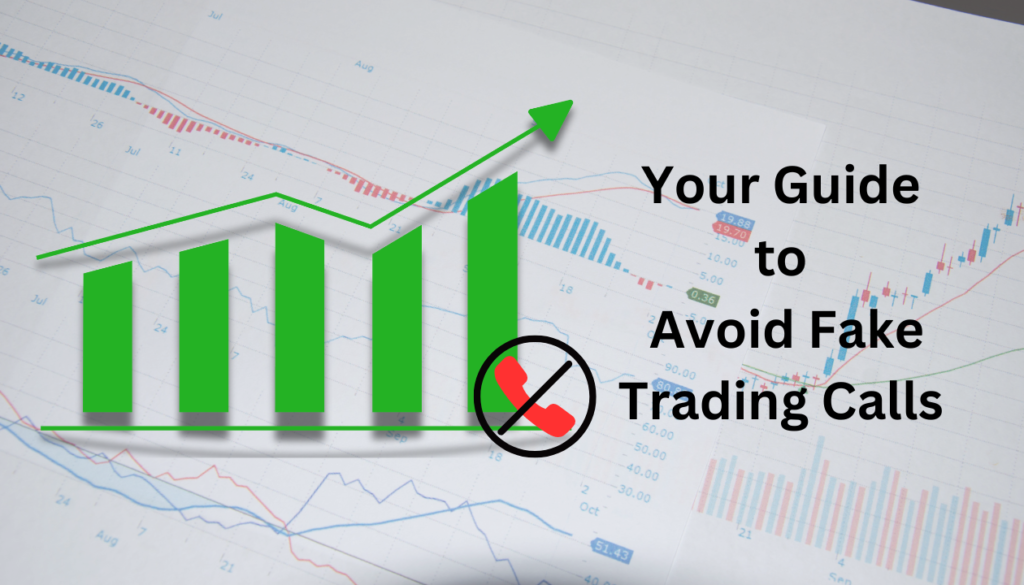Investing in the stock market can be a great way to grow your money, but it’s important to watch out for fake trading calls. These are calls from fake agents, companies, or advisors using Facebook , Insta , WhatsApp communities who try to trick you into making bad investment decisions. This guide will help you recognize and avoid these scams, so you can keep your investments safe.
Table of Contents
1. What Are Fake Trading Calls?
Fake trading calls are messages you get by phone call, SMS, email, or social Media like Instagram, Facebook, WhatsApp, telegram community , offering stock tips or investment advice that seem too good to be true. These calls usually come from unregistered and unregulated people or companies who want to scam you.
Common Signs of Fake Trading Calls
A. Unwanted Offers : Real financial advisors don’t usually call you out for investment . Be careful if you get an unexpected call with investment advice.
B. Guaranteed Returns : Be suspicious if someone promises you high returns with no risk. All investments have some risk.
C. Pressure to Act Fast : Scammers often try to rush you into making quick decisions by saying the offer is only available for a short time.
D. No Credentials : Real advisors are registered with the Securities and Exchange Board of India (SEBI). Scammers often don’t have these credentials.

2. How to Avoid Fake Trading Calls
A. Check Their Credentials: Before you take any advice, check if the agent, company, or advisor is registered with SEBI. You can find this information on the SEBI website.
B. Don’t Share Personal Information: Never give out personal details like your PAN card number, bank details, or trading account information to unknown callers.
C. Do Your Research: Before making any investment, do some research. Look for reviews or news about the company or advisor to see if there are any warnings.
D. Use Trusted Advisors: Only use SEBI-registered advisors and well-known financial companies. They follow strict rules and are less likely to be involved in scams.
E. Report Suspicious Calls: If you get a call that seems suspicious, report it to SEBI. This helps them take action against scammers and protect other investors.
F. Stay Informed: Keep learning about common investment scams. The more you know, the better you can protect yourself. Check financial news and updates from SEBI regularly.
3. Red Flags to Look Out For
- Big Promises : Be careful if someone promises you high returns with no risk.
- Pressure Tactics: Scammers often try to rush you into making quick decisions.
- Hard to Verify : If you can’t easily check the caller’s information or the investment details, be suspicious.
- Complicated Language : Scammers might use confusing words to trick you.
Conclusion
To protect your investments from fake trading calls, you need to be careful and make informed decisions. Follow the steps in this guide to stay safe from scams. Remember, if an offer sounds too good to be true, it probably is. Always check, research, and talk to registered advisors before making any investment. Stay informed and careful to invest smartly and safely.
Helpful Resources
